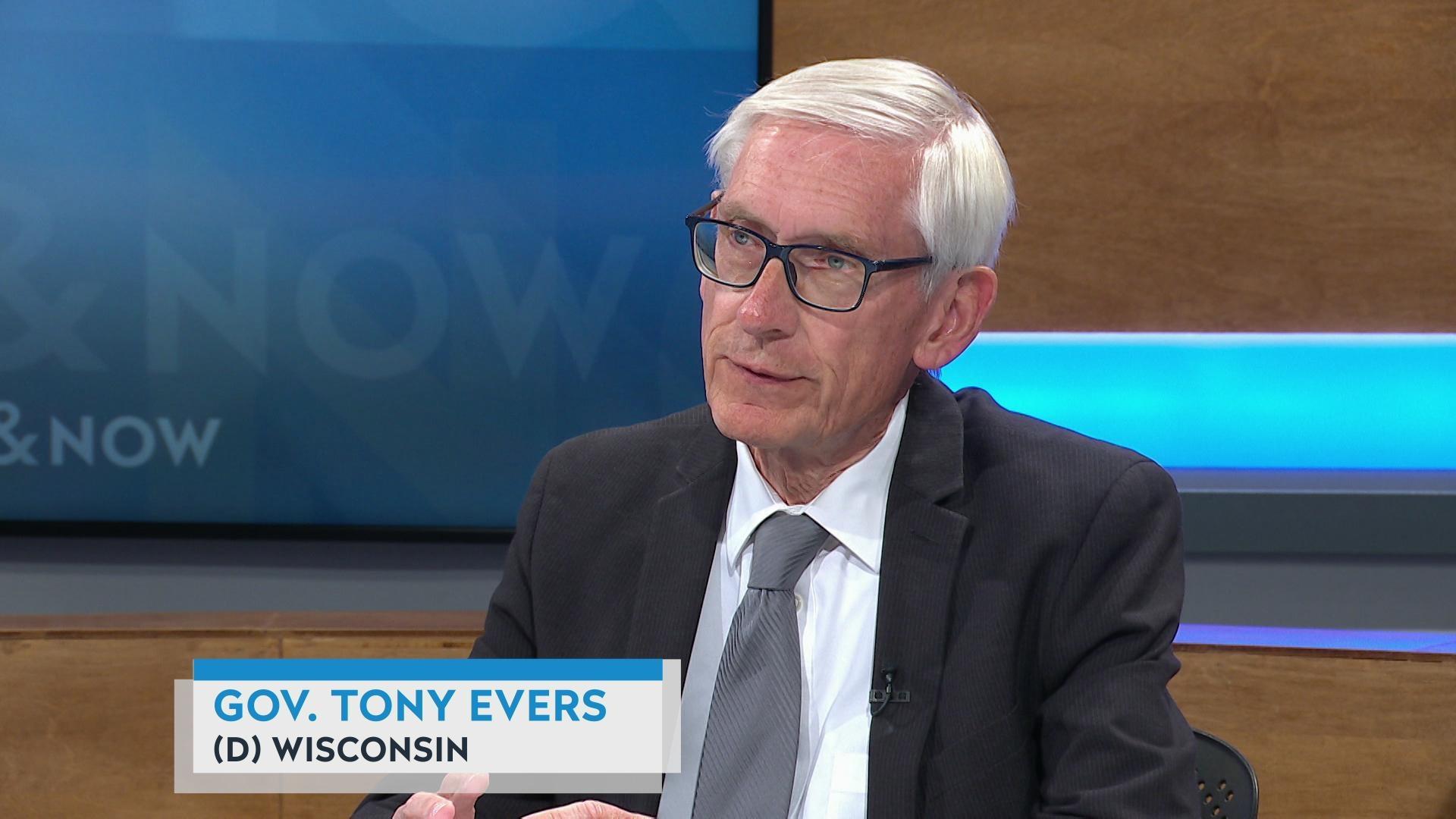Fast Facts: What's causing Wisconsin's budget windfall?
Three major factors are contributing to the state's projected $6.5 billion budget surplus — more federal funds, spending controls and higher tax revenues — though economic uncertainties still loom.
By Steven Potter | Here & Now
December 9, 2022
Wisconsin is in the best financial situation in the history of the state, according to state officials, with a projected $6.5 billion state budget surplus.
How did the state checking account end up so far in the black and what might affect the state’s finances going forward?
This unexpected windfall is because the state will end the fiscal year in July 2023 with more money than state agencies were allocated for their needs.
Imagine it like your own household budget: You plan for the bills you know you have and make a schedule to pay them when they’re due. But then, you get a surprise: a hefty lump sum payment right after you pay all those bills. In the state’s case, that’s $6.5 billion dollars.
State Department of Administration officials – and an analysis by the Wisconsin Policy Forum – said the reason state coffers are overflowing is primarily due to three factors:
- There’s been an influx of federal funds from covid relief bills that have offset state costs for expenses such as Medicaid.
- Elected leaders have kept tight control of state agency spending.
- There’s been a considerable increase in tax revenue, including not only sales tax but also investment and corporate taxes.
Of course, with high prices of goods like gas and groceries, inflation has played a major part in this ballooning budget surplus. The more people spend on everyday goods, the more taxes are collected.
Officials who calculated this surplus, however, have warned that it’s not a guarantee that the state will end up receiving all of this projected surplus and the end amount may be smaller.
Factors affecting that include a possible recession in 2023, as well as economic uncertainties with the ongoing war in Ukraine. There’s general volatility of business and the stock market, which could also lead to less corporate and investment taxes being taken in.
This state budget surplus is in stark contrast to years past when elected leaders faced hundreds of millions of dollars in budget shortfalls and structural deficits.
Regardless of exactly how much extra surplus the state ends up having, we can be sure of one thing: The state’s elected leaders will find numerous ways to argue over how to spend it.
 Passport
Passport











Follow Us